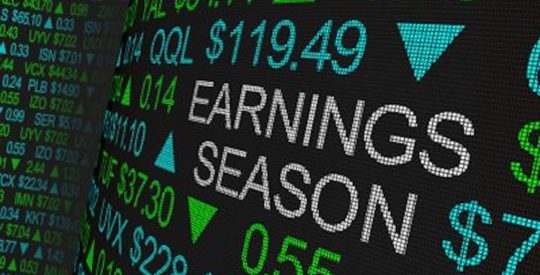The Federal Reserve announced its final rate hike of 2017 Wednesday at the end of its December Federal Open Markets Committee meeting, but implied more rate hikes are still to come in 2018 and beyond.
But no one really expected anything different. Experts previously said November’s jobs report all but guarantees December interest rate hike. And earlier this week, all major news outlets are reporting to Fed will, in fact, raise rates.
“We believe the rate increase was well-communicated to markets and had been anticipated,” Keller Williams Economist Ruben Gonzalez said.
This increase is the third time the Fed has raised the federal funds rate this year. In June, the Fed voted to raise interest rates for the second time this year. The first rate hike occurred in its March meeting.
The Fed raised rates by 25 basis points, moving the target range for the federal funds rate to 1.25% to 1.5%.
The FOMC announced it's overall outlook on the economy is positive, saying it will continue to gradually increase the federal funds rate.
“The Committee expects that economic conditions will evolve in a manner that will warrant gradual increases in the federal funds rate; the federal funds rate is likely to remain, for some time, below levels that are expected to prevail in the longer run,” the Committee announced Wednesday. “However, the actual path of the federal funds rate will depend on the economic outlook as informed by incoming data.”
“The Committee continues to expect that, with gradual adjustments in the stance of monetary policy, economic activity will expand at a moderate pace and labor market conditions will remain strong,” the statement said. “Inflation on a 12‑month basis is expected to remain somewhat below 2% in the near term but to stabilize around the Committee's 2% objective over the medium term.”
And experts claim that the Fed’s decision to raise rates is already expected, and they are focusing on what direction members say the Fed will take in 2018 and 2019.
“The major monetary policy question surrounding the December meeting isn’t whether or not there is a hike now, however, but what’s said within the statement in relation to the raising of rates in 2018 and perhaps 2019,” said Steve Rick, CUNA Mutual Group chief economist. “The Fed recently forecast raising rates three times in 2018, but with tax reform now looking like a real possibility that could provide a simulative effect on the economy, as well as changes in the composition of the FOMC, I think it seems logical to expect four hikes in 2018.”
Earlier this month, Fed Chair nominee Jerome Powell was overwhelmingly approved by the Senate Banking Committee, all but securing his approval by the full Senate. President Donald Trump nominated Powell to replace current Fed Chair Janet Yellen when her term expires in 2018.
However, one expert says this shift in leadership will cause any major disruption to the Fed’s current trajectory.
“We don’t anticipate dramatic changes in rates in the near term, barring discontinuity in Federal Reserve policy resulting from the change in leadership set to take place next year,” Gonzalez said.
Voting for the federal funds rate increase were Janet L. Yellen, Chair; William C. Dudley, Vice Chairman; Lael Brainard; Patrick Harker; Robert S. Kaplan; Jerome H. Powell; and Randal K. Quarles. Voting against the action were Charles L. Evans and Neel Kashkari, who preferred at this meeting to maintain the existing target range for the federal funds rate.



